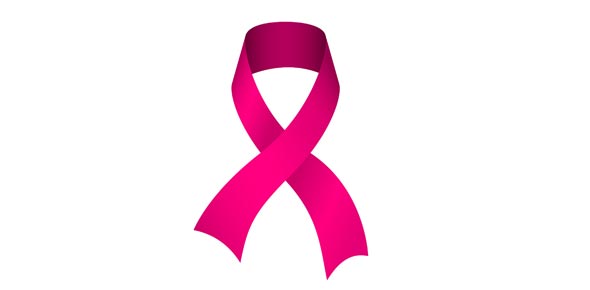Kidney Cancer 3.4
53 Questions
| Attempts: 206
2.
What first name or nickname would you like us to use?
Submit
Submit
Submit
Submit
Submit
Submit
×
Thank you for your feedback!

















